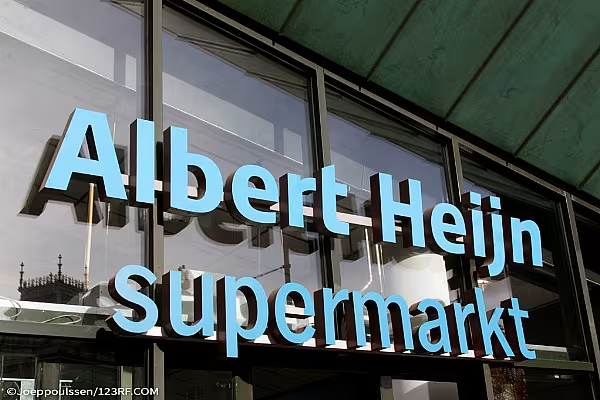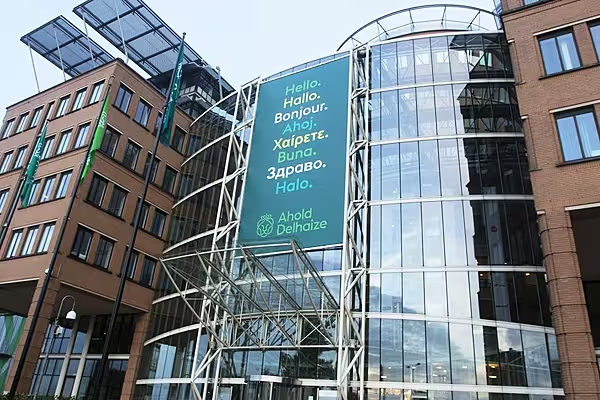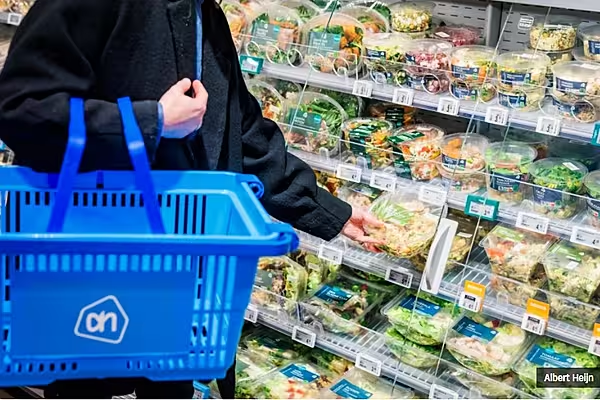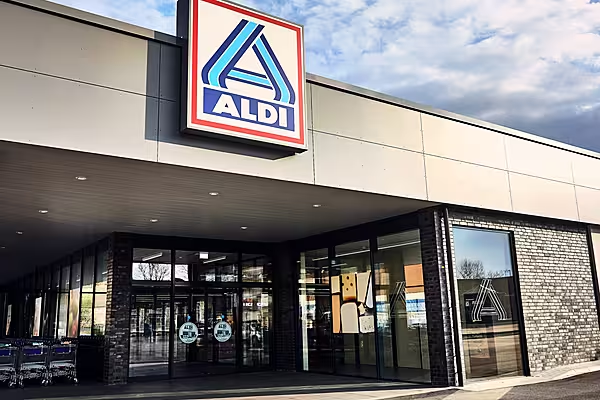Dutch retailer Albert Heijn has announced that it is upgrading its target of reducing CO2 emissions in its value chain (scope 3) from 15% to 45% by 2030 compared to 2018.
The retailer added that it has achieved climate neutrality within its own operations, including stores, distribution centres and offices.
Albert Heijn has already mapped the exact carbon emissions in its poultry and pork supply chains.
Impact Of Emissions
Primary data from the value chain has helped the company determine the impact of CO2 emissions for products in these categories and implement targeted measures to reduce CO2 emissions.
In the pork chain, for example, animal feed is responsible for 50% of total emissions, and in the case of poultry the figure is 77%, the retailer added.
Albert Heijn is encouraging the use of circular feed and deforestation-free soy in its animal feed chains. It is collecting primary data for beef, salmon, eggs, meat substitutes and fruits and vegetables, among other categories.
It has established long-term partnerships with more than 1,100 farmers and growers in the fresh produce chain as part of its Better for Nature and Farmer programmes.
These programmes focus particularly on CO2 reduction, as well as transparent long-term agreements about climate, sustainability, animal welfare and appropriate earning capacity.
Other Initiatives
Other sustainability measures implemented by the retailer include, among others, efforts to help consumers transition to a plant-based diet by ensuring 60% of proteins are from vegetable sources by 2030.
In addition, all its large own-brand suppliers mapped their full carbon footprint by mid-2022 – including a reduction plan and reduction targets.
The company has launched climate-neutral products, including Perla coffee. Since the beginning of 2022, the retailer has been offering own-brand bananas that are sourced from a completely climate-neutral value chain.
© 2022 European Supermarket Magazine – your source for the latest retail news. Article by Dayeeta Das. Click subscribe to sign up to ESM: European Supermarket Magazine.











